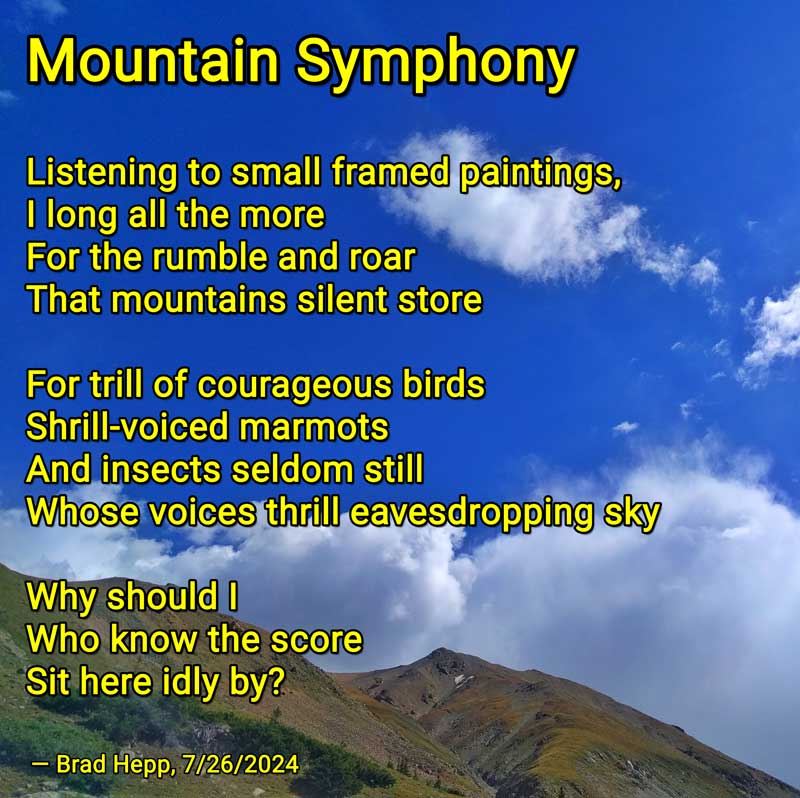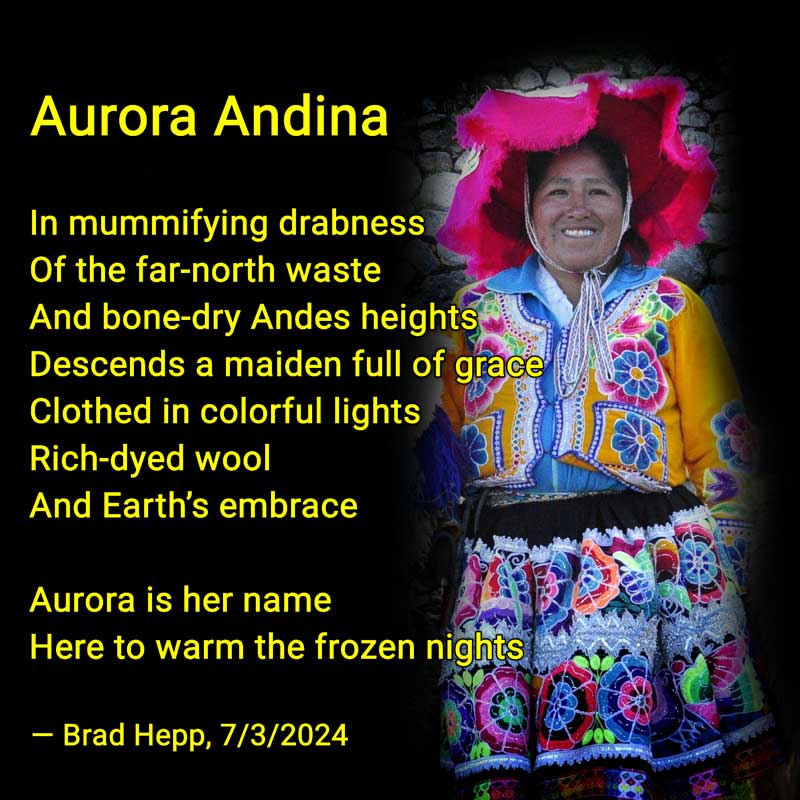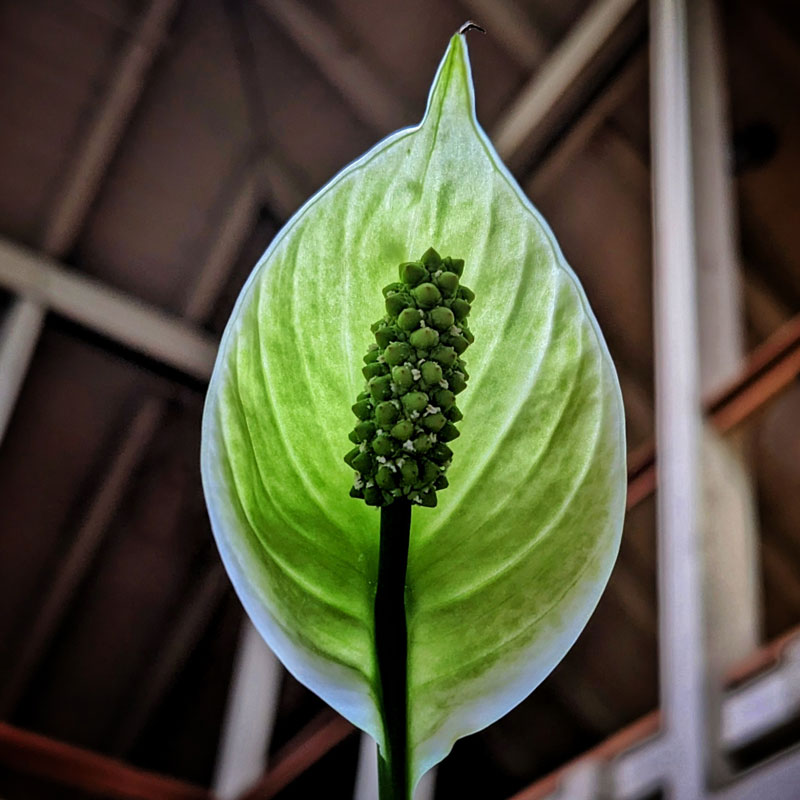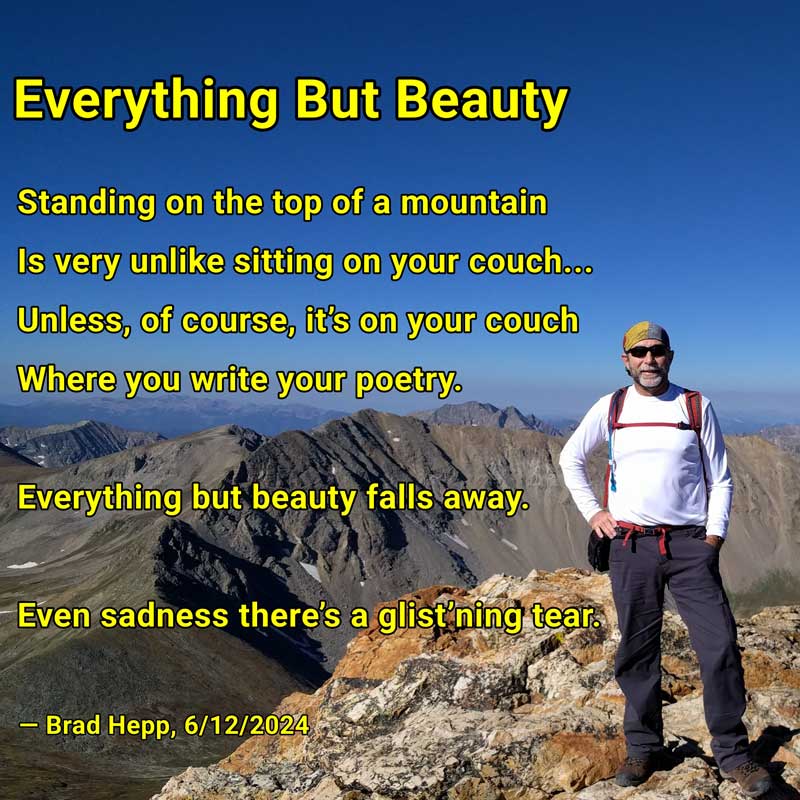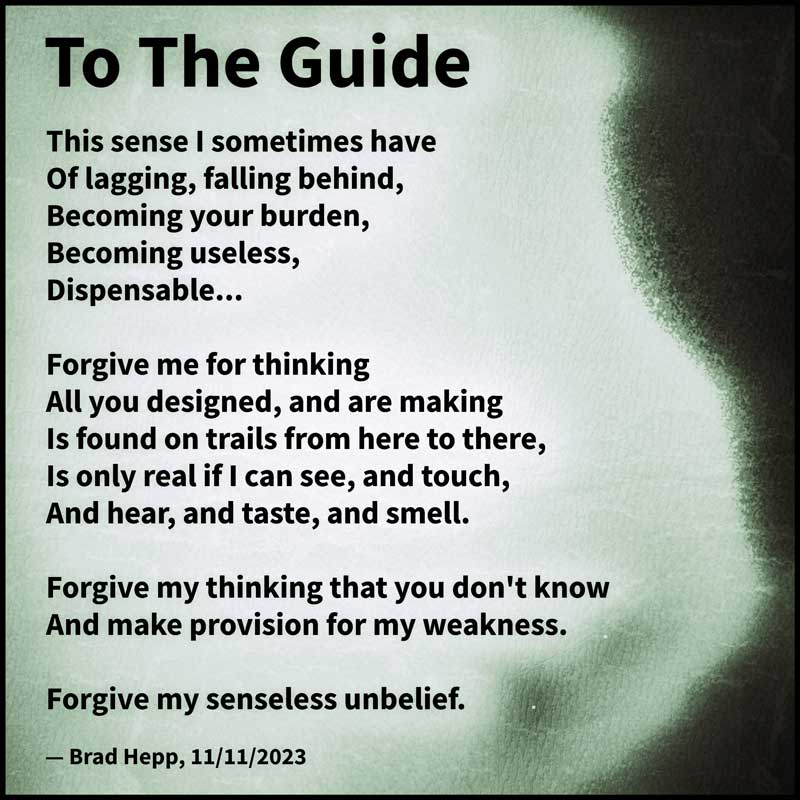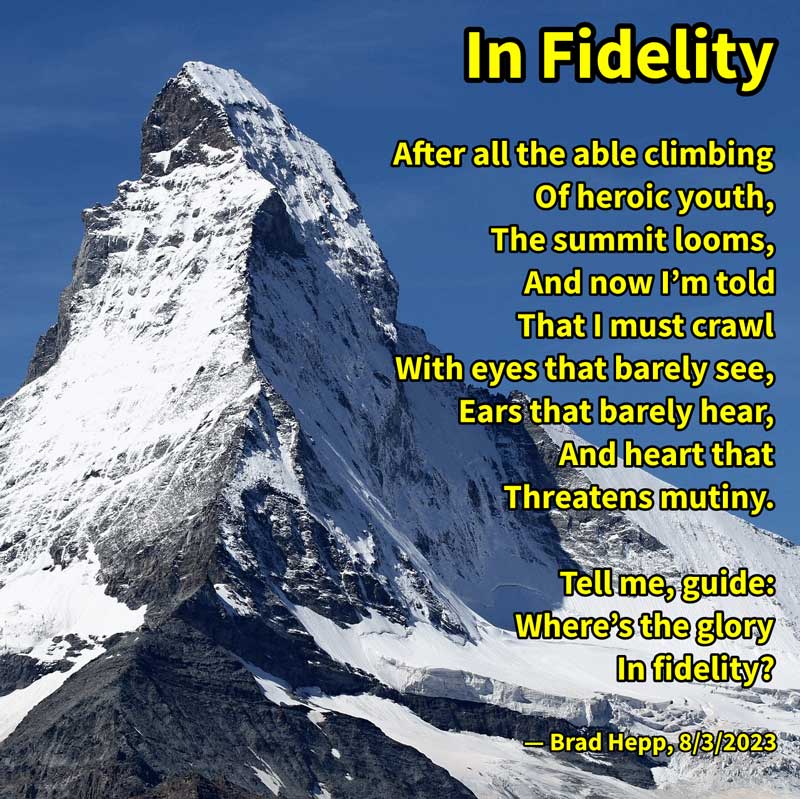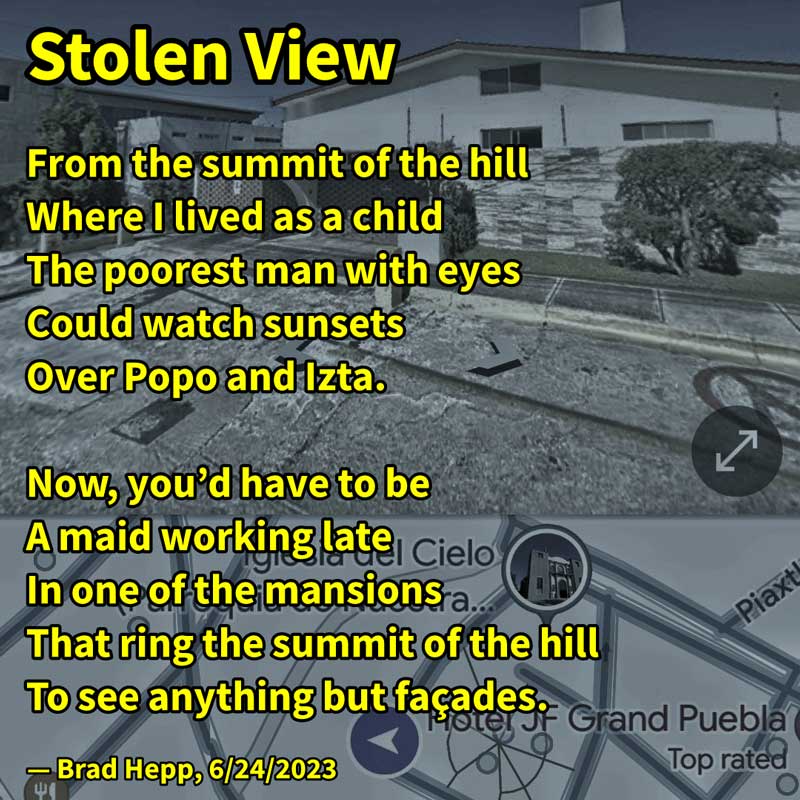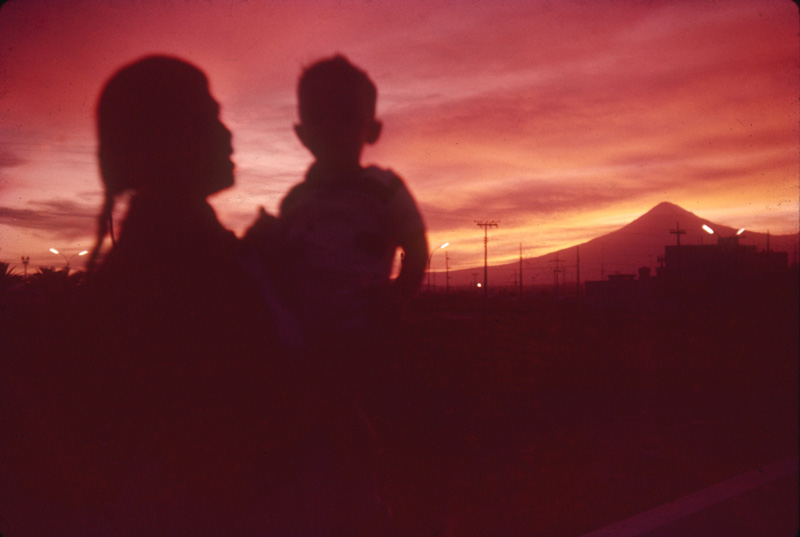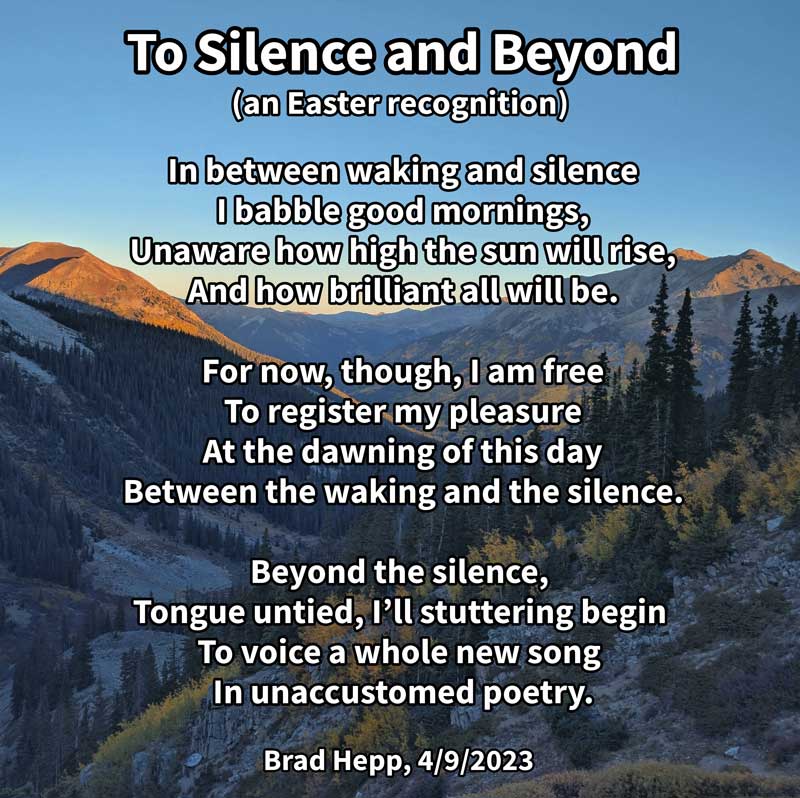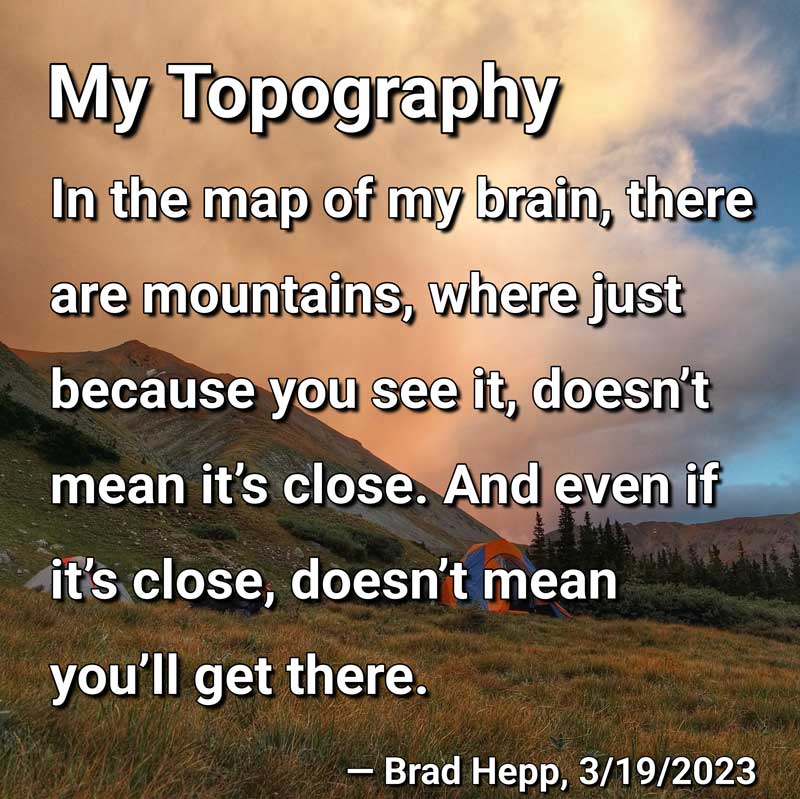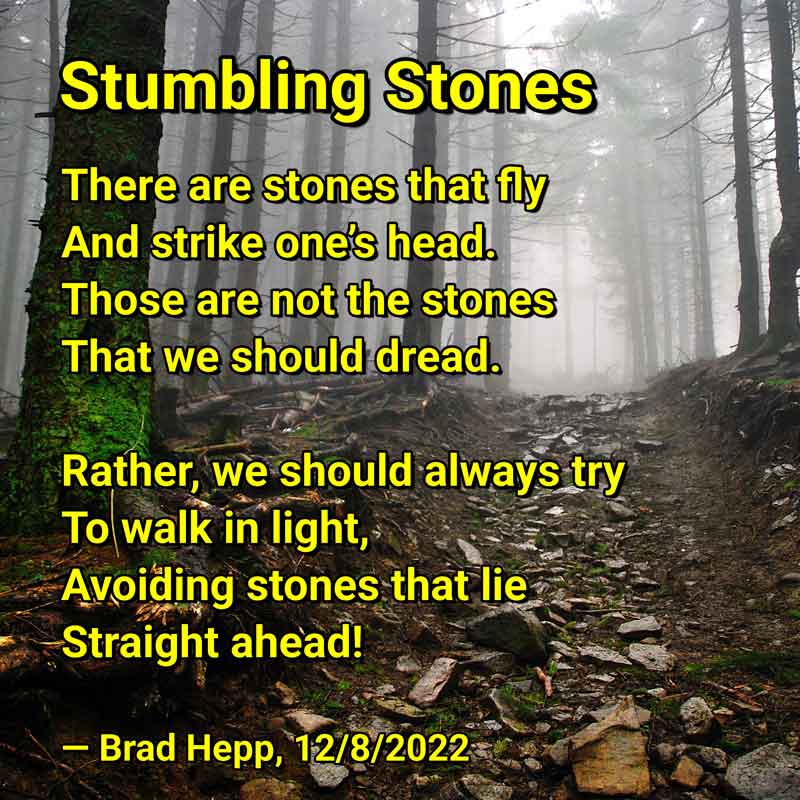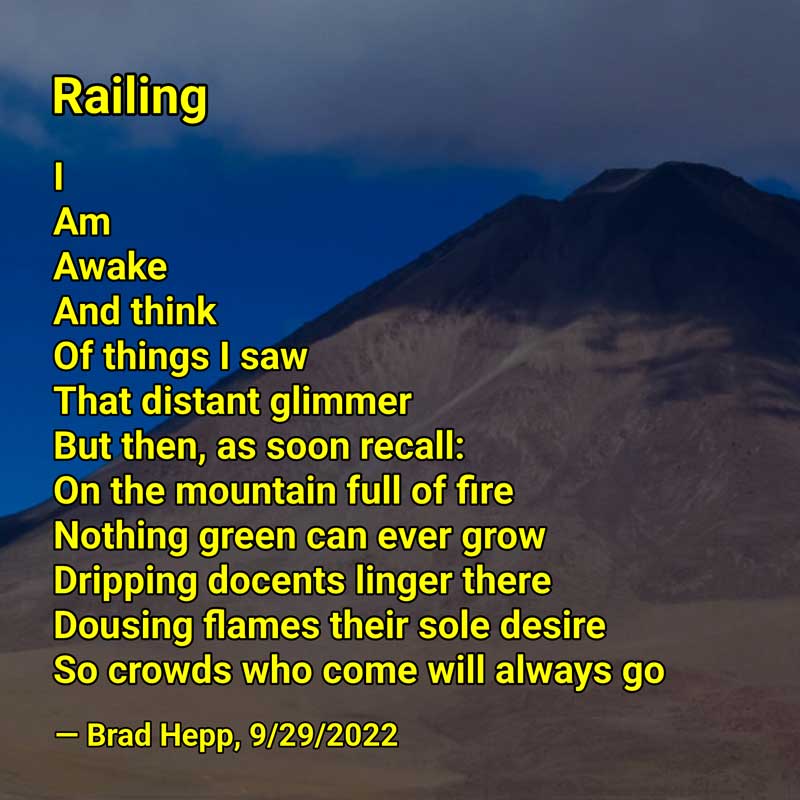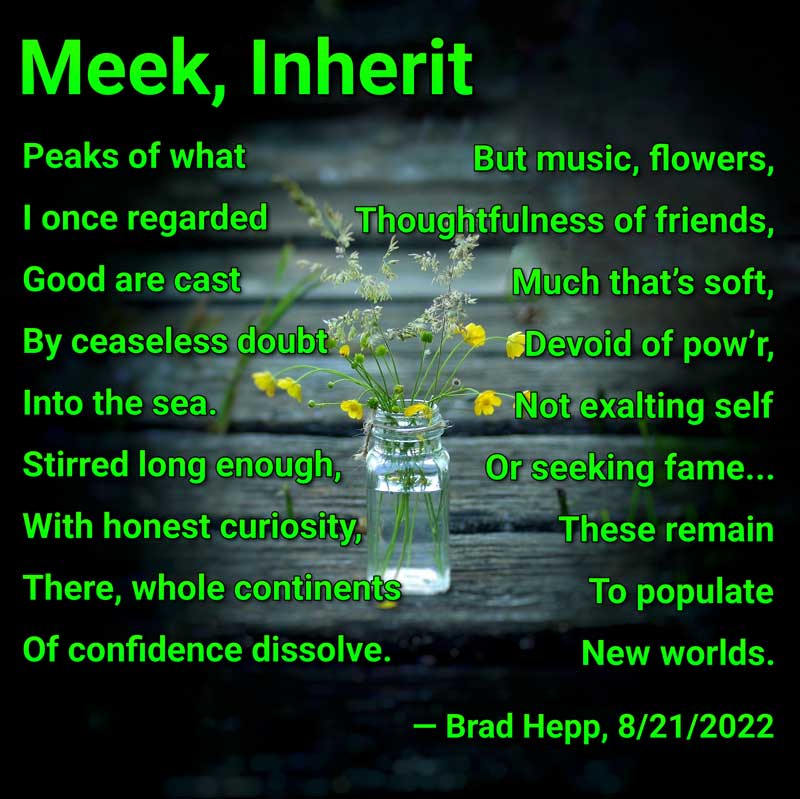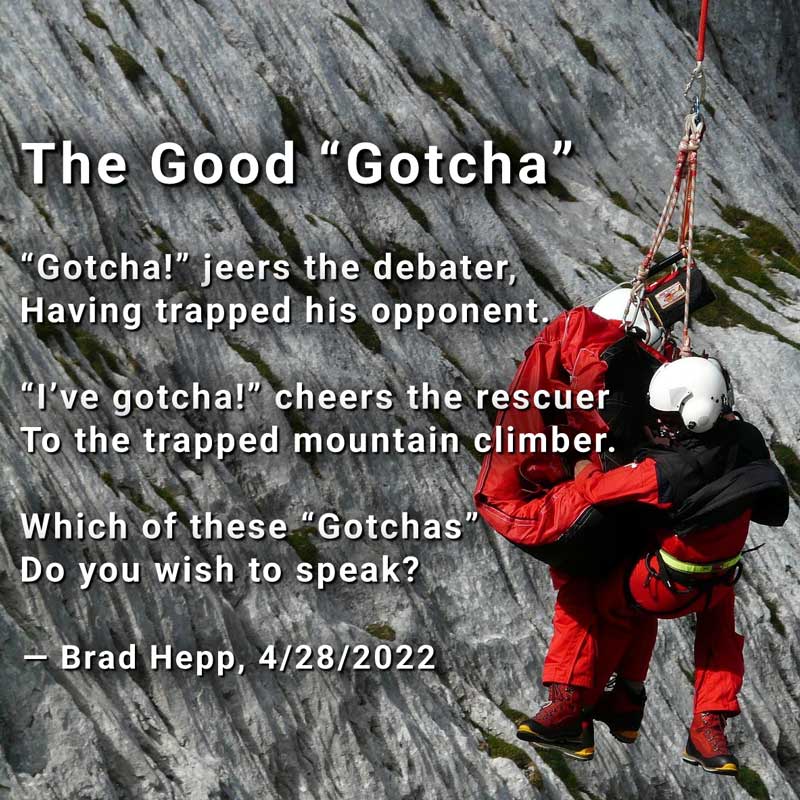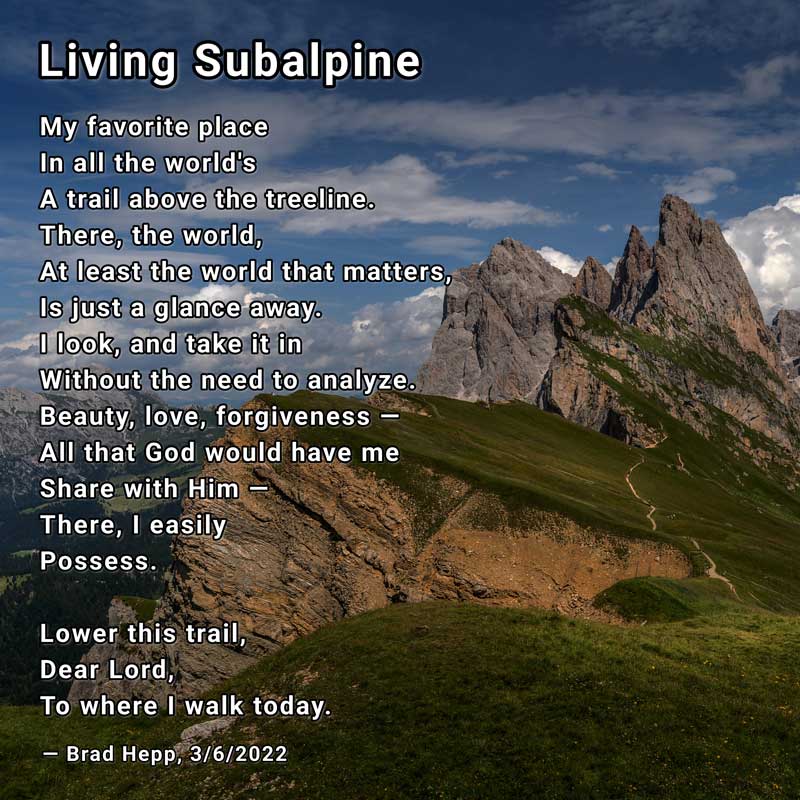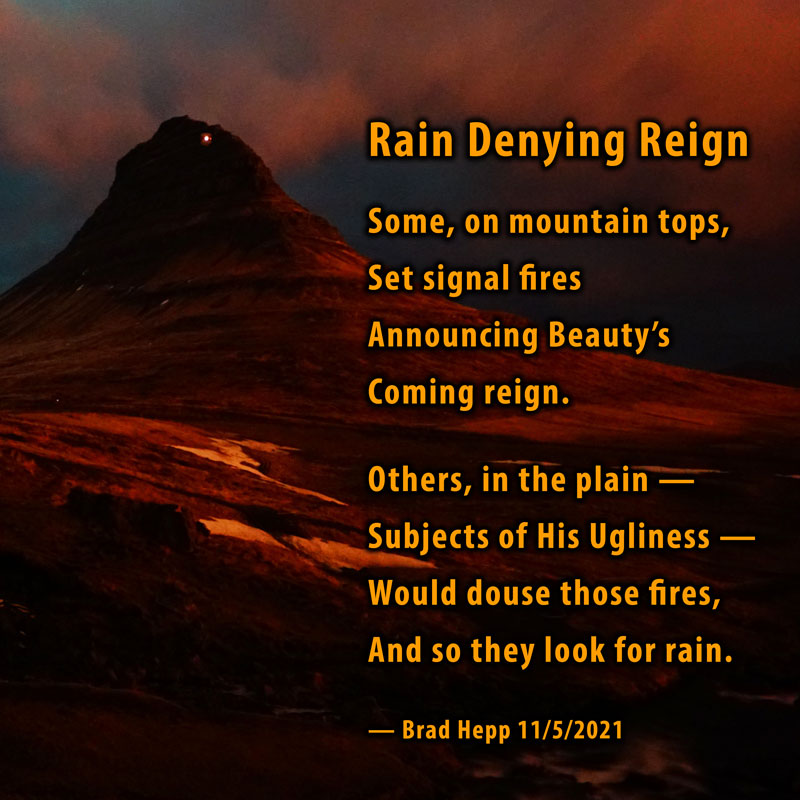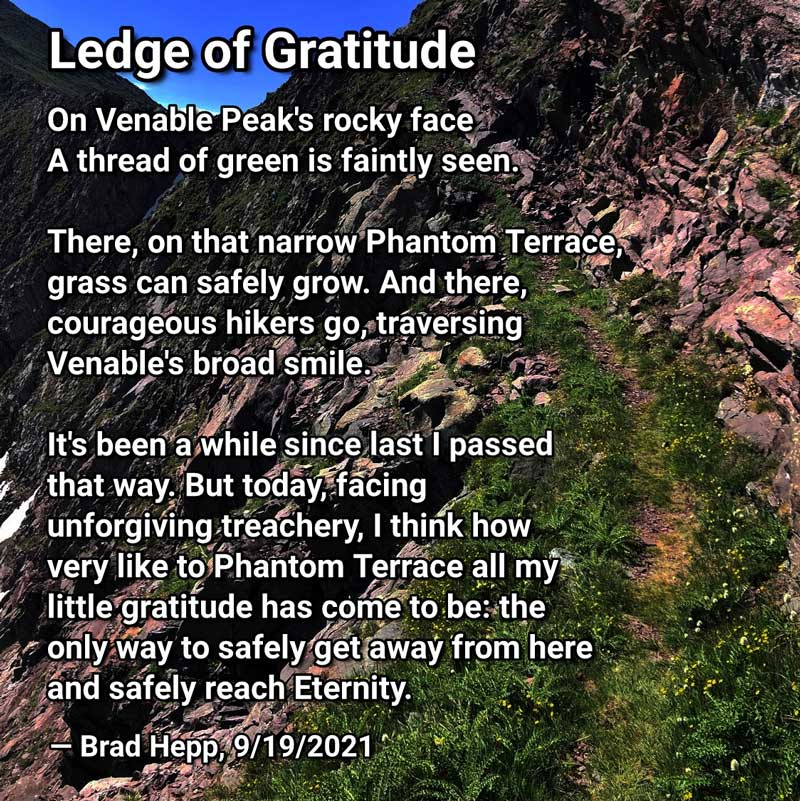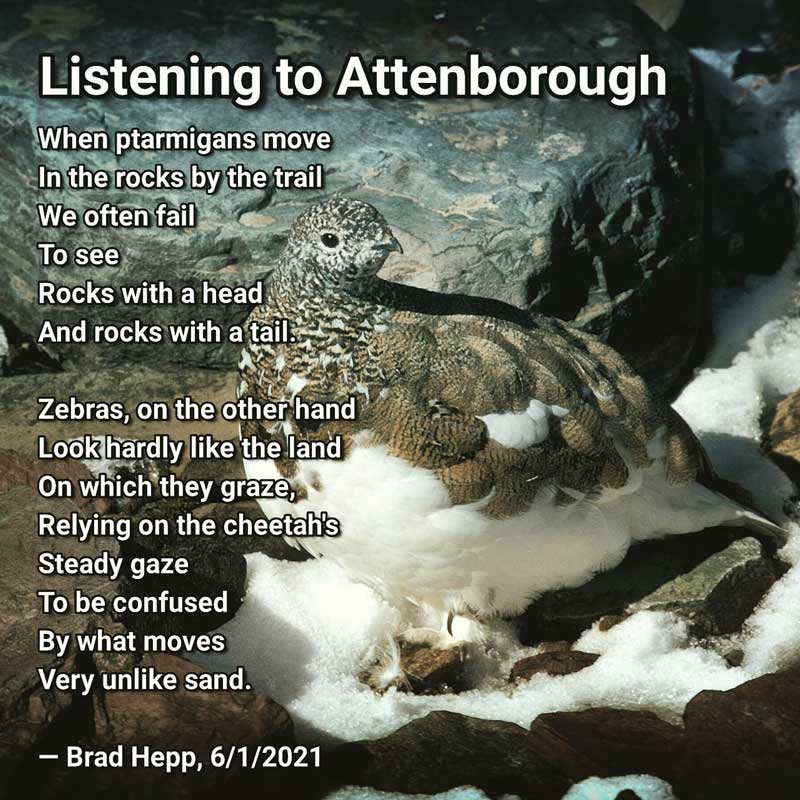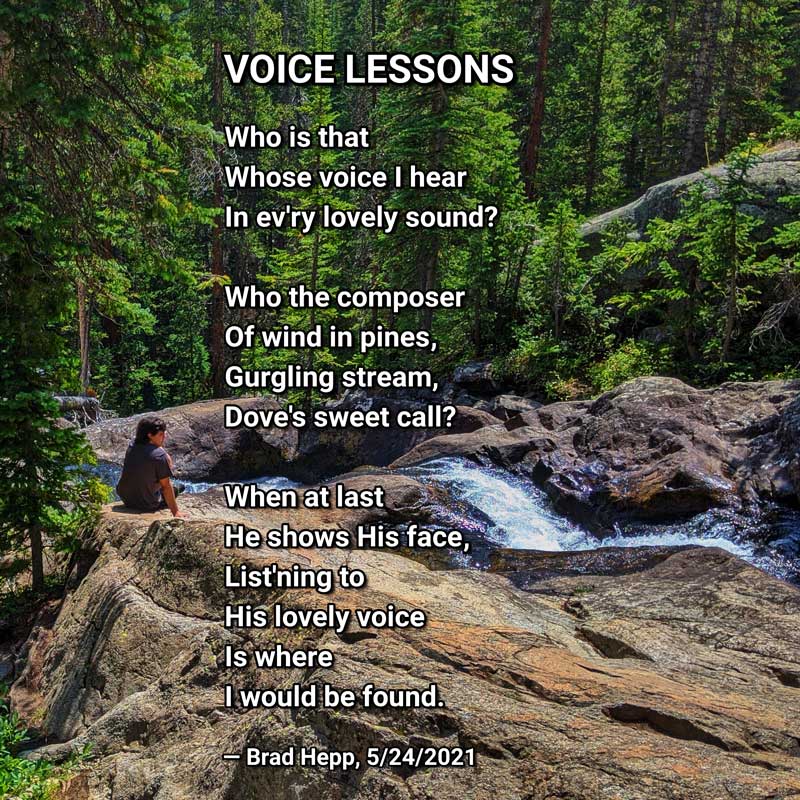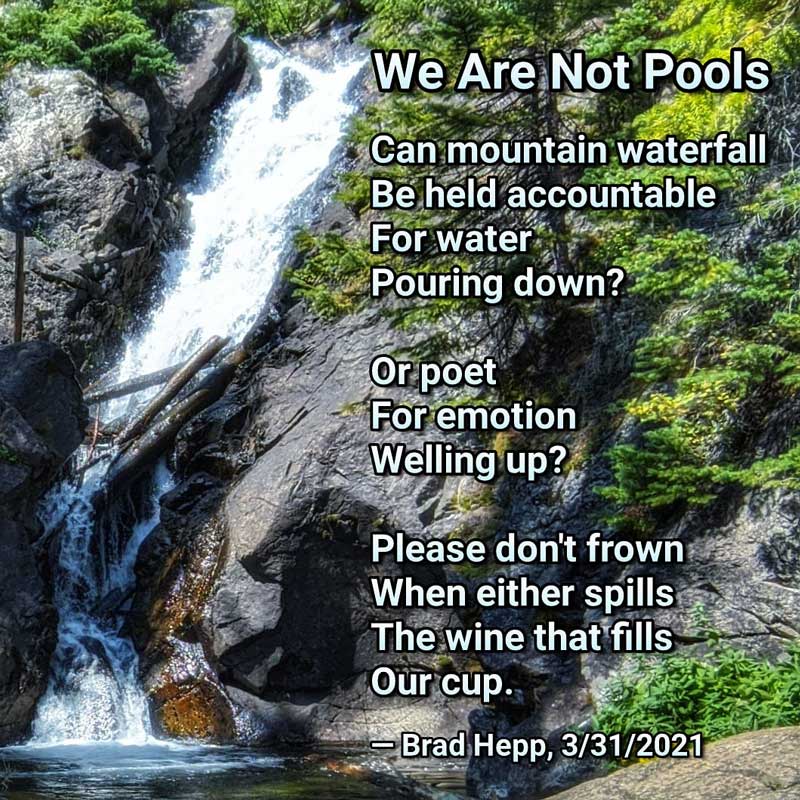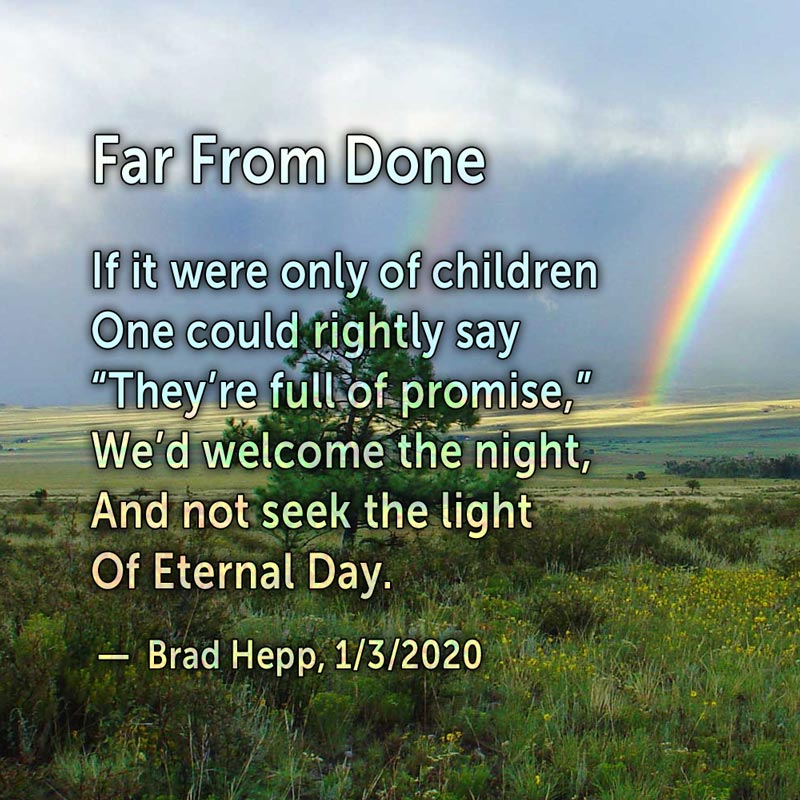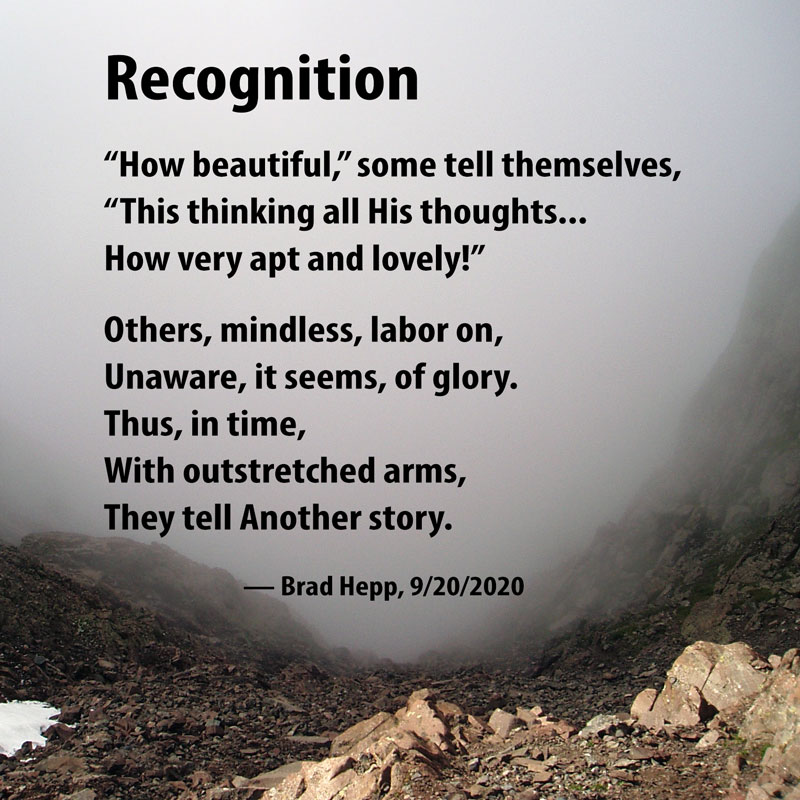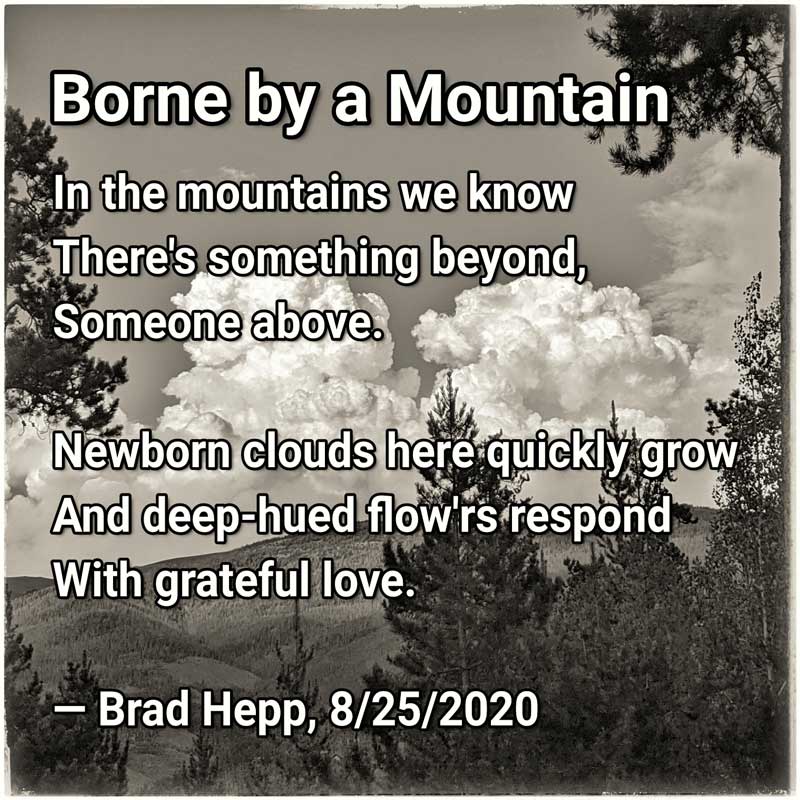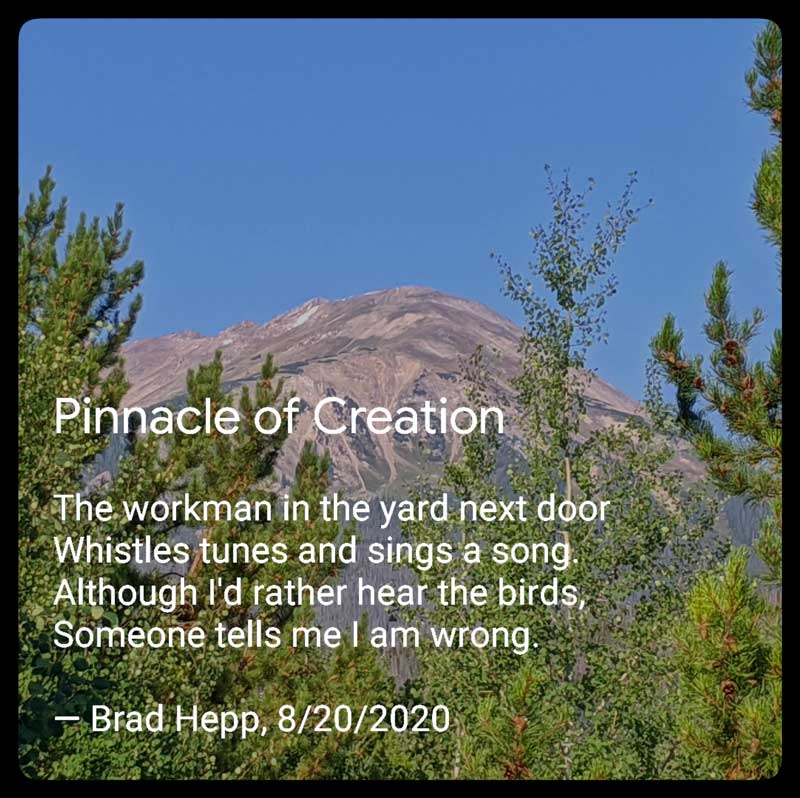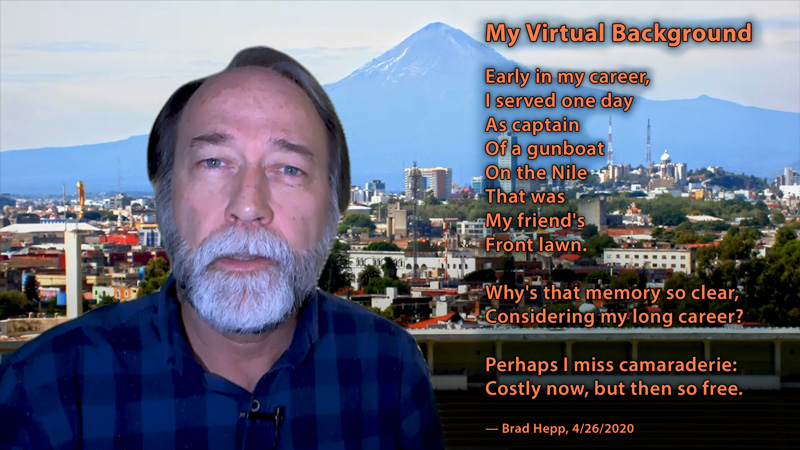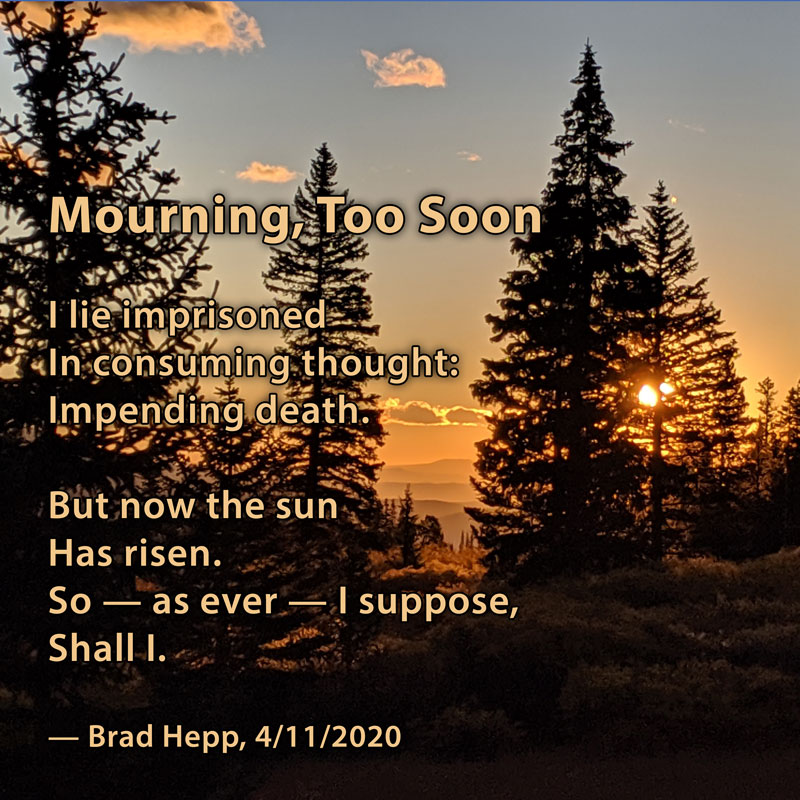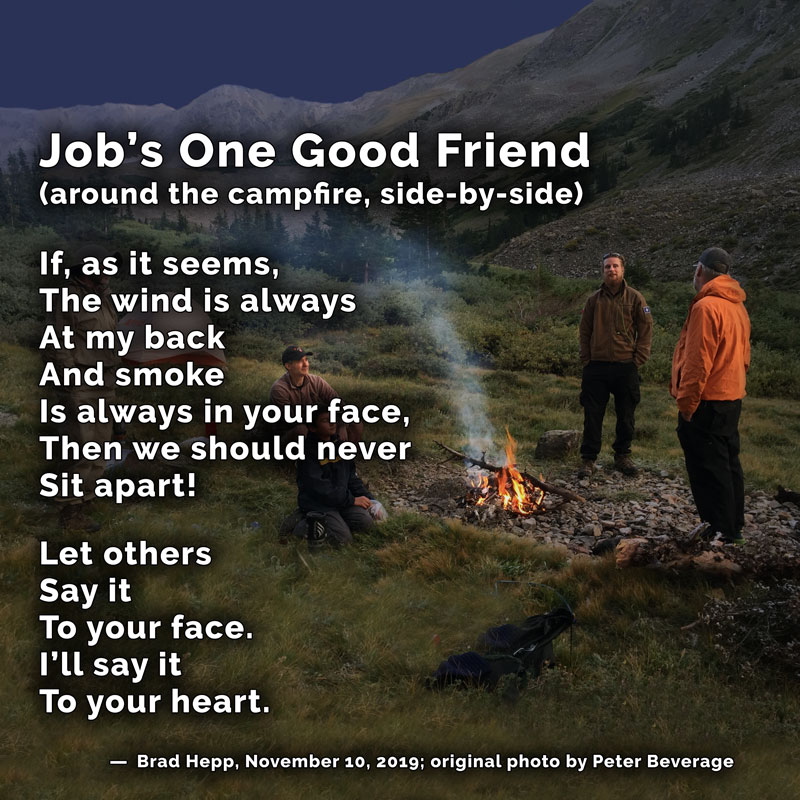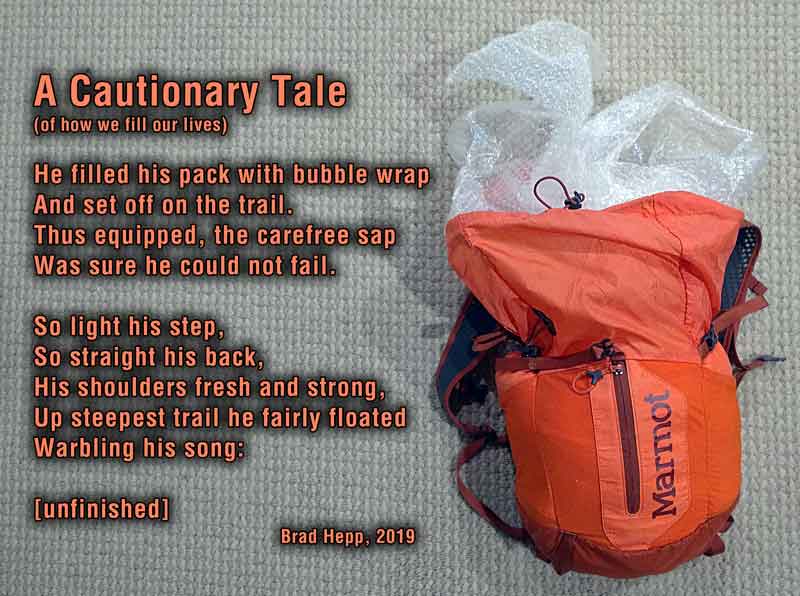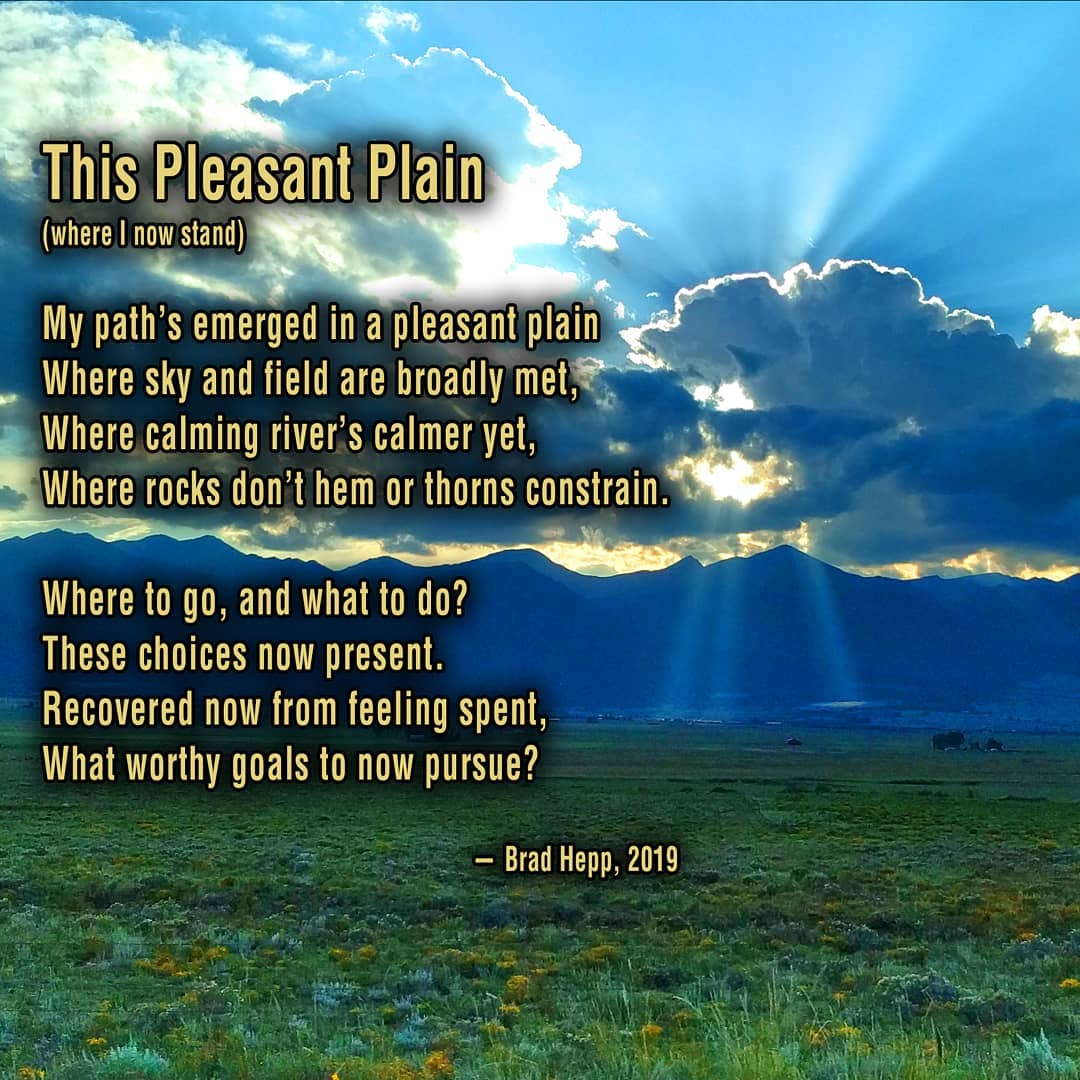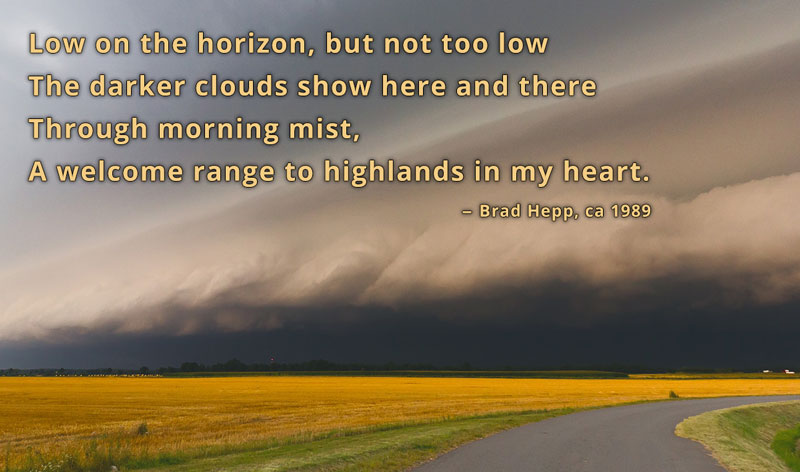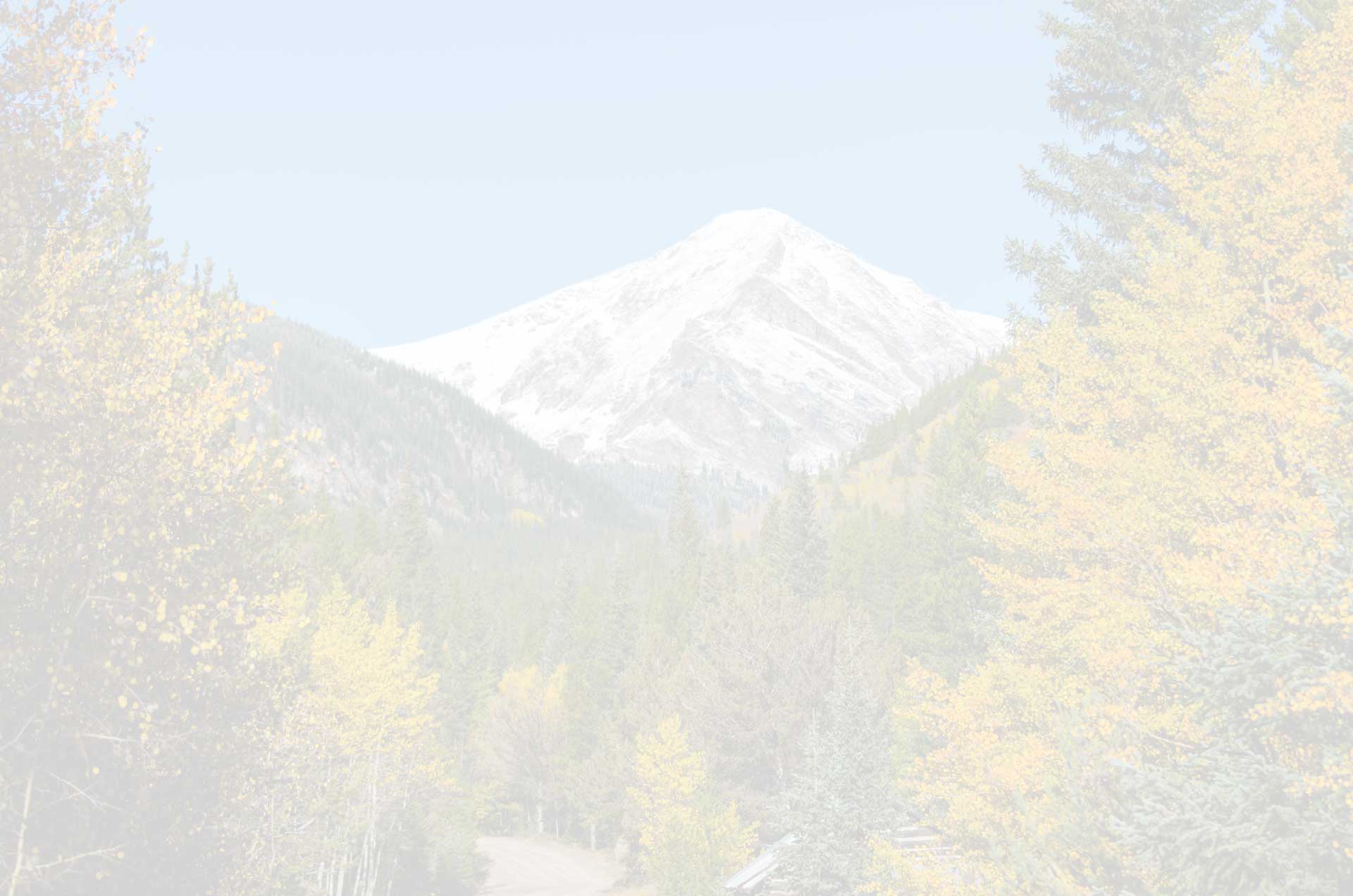(if you are viewing this via email, the website has a recording of this poem and commentary; click the title above)
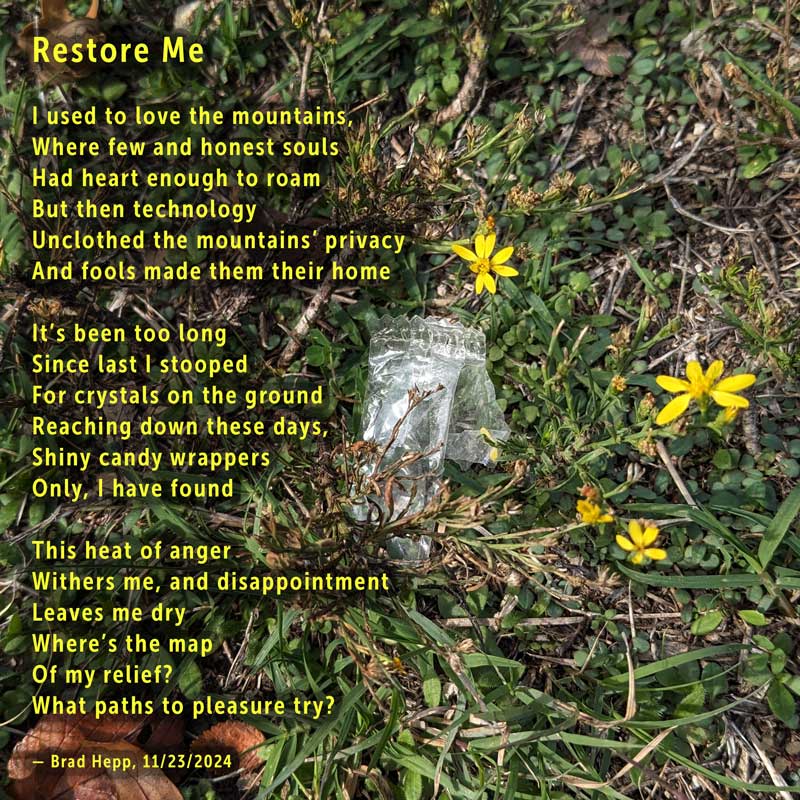
Commentary
This poem is not about mountain climbing,* or litter, or relief maps. Rather, it is an indirect way of expressing the anger and disappointment that chatters persistently in my thoughts. While I do have much to be thankful for–it IS Thanksgiving morning as I write–I’m finding it hard to escape or ignore disappointments and annoyances. But let me explain the imagery in the poem….
I started climbing mountains over forty years ago. Back then, we didn’t have the Internet to help us plan routes. In the weeks before a climb, I’d take trips down to the Dallas Public Library and spend time with topo maps prepared by the U.S. Geological Survey. I’d spread several maps on the big tables, stand to the side, and view them together to familiarize myself with the general contours of the land surrounding my destination and chosen route. I’d pick out likely camping spots, based on the terrain and water supply. Then I’d mark up my own copies of the maps, circling key points, including landmarks I could use on the trail for triangulating my approximate location.
Climbing mountains was an exciting adventure. There was mystery and danger, even though I prepared in advance. When I got to the mountains–generally with two or three companions–there was also solitude. We’d find evidence of prospectors and hunters who preceded us there by many decades. But we generally had the place to ourselves. The few fellow climbers we did encounter–particularly at higher elevations–were immediately recognizable as kindred spirits. They were honest, hard-working fellow climbers.
As the years passed, the Internet, and GPS, and smart phones opened up the mountains to a whole new group of casual adventurers. When we reached the summit of mountains in latter years, it was not uncommon to encounter a gaggle of college girls in yoga gear, doing yoga poses… bless their hearts. While man–including precious young ladies–is the height of God’s creation, it was vistas of another sort I had climbed the mountain to admire.
Nowadays, the closest I get to mountain climbing is taking long hikes through neighborhoods, fording a busy stream of traffic, and cutting across the fields around White Rock Lake. Bad hearing isolates me from the few birds, but not from the ridiculous rumble and roar of traffic. A terrible floater in one eye and cataracts in both eyes have robbed me of the clear eyesight I have always treasured. Addressing these annoyances is delayed by tight finances. Maybe next year I’ll be a bionic man, but for now I am an active mind shackled in a deteriorating body.
The annoyances I complained about above may be the most manageable of all my annoyances. Last week, I wrote a short poem of complaint about the direction our country seems to be taking: “Recall the Future.” The recent presidential election was extremely disappointing.
BUT BRAD… ISN’T IT THANKSGIVING?!
As I mentioned above, it is Thanksgiving morning as I write this. I feel the pressure to end this lament like most of David’s Psalms, with an answer to all my complaining. But right now, I think it’s best to acknowledge where I’m “at”. Perhaps I can consider and even take consolation from a paradox that occurred to me on one of my long walks:
To be increasingly content in this world is a virtue.
To be increasingly satisfied with this world, not so.
*[To understand how mountains form the backdrop of my thinking, check out some of my other poems in the category “MOUNTAINS”.]
